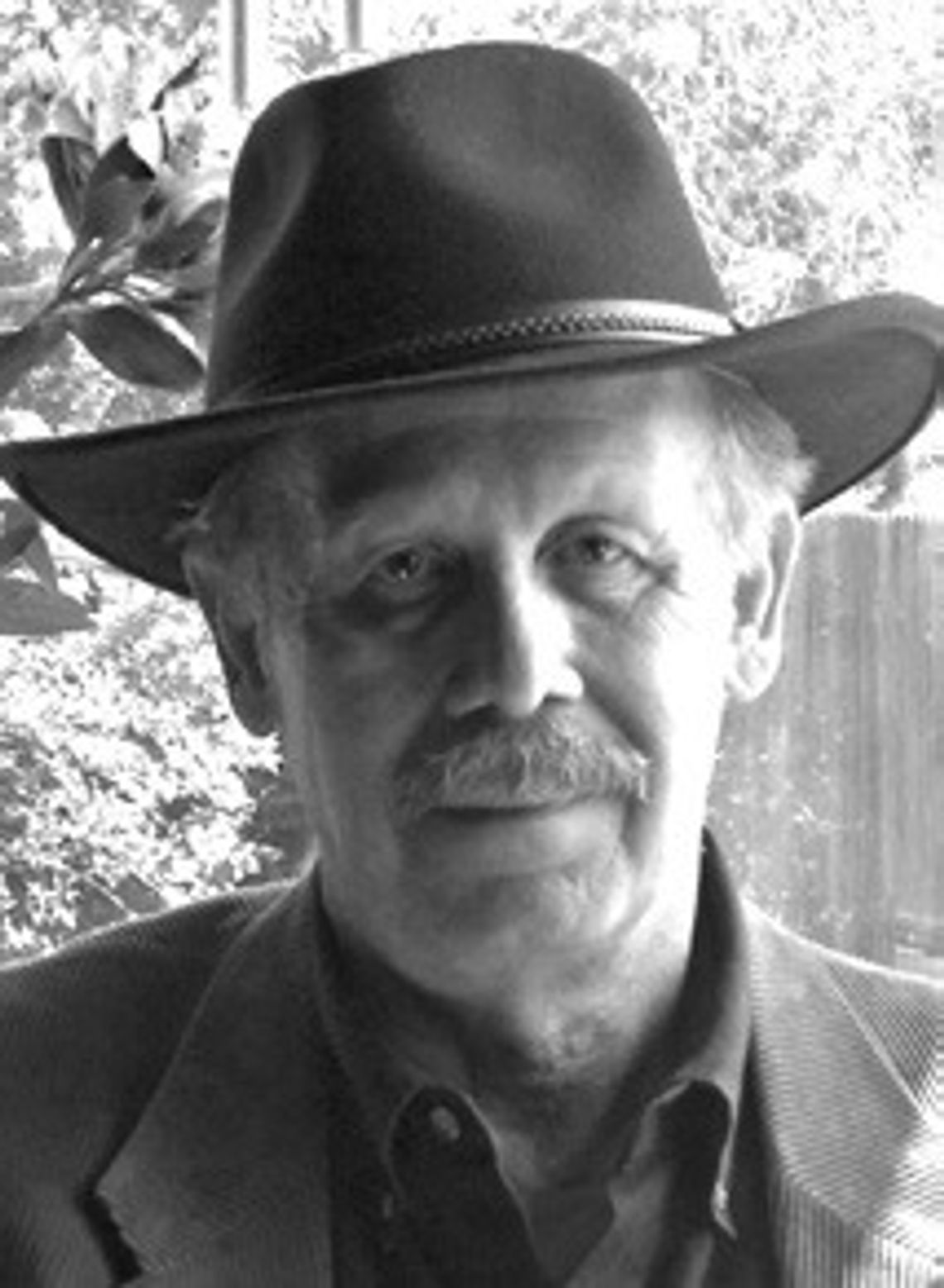Democrats gathered in San Antonio on May 23, 1917 for their biennial state convention, where once again booze was the biggest bone of contention.
The prohibition movement took root in Texas soon after independence. The Sons of Temperance boasted an active membership of 3,000 in the 1840’s, and the United Friends of Temperance and their youth group, the Bands of Hope, resumed the struggle following the Civil War.
By 1876 teetotaling Texans had the clout to insist upon the insertion of a localoption law in the new state constitution. While they managed to put the question on the ballot in 40 counties over the next ten years, only three chose to forbid the sale of intoxicating beverages.
The Women’s Christian Temperance Union intensified the holy crusade to banish liquor and in 1887 succeeded in forcing a statewide showof- hands. In the first of many trips to the polls, voters overwhelmingly rejected the prohibition prescription.
Nevertheless, the handful of zealots eventually grew into a powerful minority that came within 6,000 votes of outlawing spirits in Texas in 1911. Exhilarated by the nearmiss, the dry lobby concentrated on putting their own man in charge of the state government.
But a political unknown named Jim Ferguson took the 1914 gubernatorial prize away from frontrunner Tom Ball, the prohibitionist candidate, with a clever appeal to party unity. Tired of the endless uproar over drinking, mainstream Democrats were easily swayed by the closet wet, who shrewdly promised to ignore the fanatics on both sides of the issue.
Ball’s defeat was bad enough, but a poor showing on another referendum spelled disaster for the prohibitionists leaving them “standing dazed, wondering what to do next.” They had lost precious ground and the most important public office in Texas to the hated wets.
In the twilight of his term, the outgoing governor stepped up his attack on fellow Democrats in Washington. Oscar Colquitt blamed Woodrow Wilson for the economic crisis in the South and condemned his administration as “the greatest failure in the history of the presidency.”
Although Ferguson shared his predecessor’s contempt for the exprofessor, he took advantage of the situation to kiss and make up with Wilson, who had publicly supported Ball. When Colquitt blasted the president for failing to take the Germans to task for sinking the Lusitania, Farmer Jim came to his defense.
Ferguson was rewarded in early 1916 for his conspicuous loyalty. Wilson aides informed high-ranking Texas Democrats that the governor should be allowed to head a predominantly wet delegation to the national convention that summer.
Prohibitionists, who had been instrumental in the dark horse Wilson winning the 1912 nomination, went through the roof. Grumbling about a backroom betrayal, they vowed to defy the president at the state convention in May by selecting a bone-dry delegation that excluded Ferguson.
Dallasite Thomas B.
Love, former speaker of the Texas House, plotted the prohibitionist strategy.
Confident he had 300 of the 800 delegates in his pocket, Love prematurely predicted, “The same forces that controlled the Houston convention four years ago and that carried Texas for Woodrow Wilson will dominate the San Antonio convention.”
Determined to maintain control of the state party, Gov.
Ferguson and former U.S.
Senator Joseph Weldon Bailey temporarily set aside their personal differences in order to fight for their mutual survival.
The pragmatic co-champions of the anti-prohibition cause carefully crafted a fool-proof game plan for the upcoming convention.
Badly burned the last time he meddled in Lone Star affairs, Wilson readily acceded to a request from Ferguson and Bailey to remain neutral.
Tightening their grip on the party machinery, the wet leaders even bribed the convention band to play their loudest whenever a prohibitionist tried to speak.
From the opening gavel, the drys were blind-sided at every turn. Staggered by a series of humiliating setbacks, they staged a desperate floor fight against the wet platform.
But eloquent Joe Bailey blew them away.
Equating the drys with the despicable enemies of sacred state sovereignty, he boomed, “You might as well tell me a man is a Christian who denies the divinity of Jesus Christ as that a man is a Democrat who does not believe in state rights!” The defeated prohibitionists slumped in their seats. For the rest of the convention, they looked on listlessly as the wets took everything but the kitchen sink. As one glum dry put it, “Our bunch got run over.”
“Murder Most Texan” is a must read for fans of true crime and Texas history. Order your copy for $24.00 by mailing a check to Bartee Haile, P.O. Box 130011, Spring, TX 77393.
This Week in Texas History: Booze at center of 1916 'culture war'
Democrats gathered in San Antonio on May 23, 1917 for their biennial state convention, where once again booze was the biggest bone of contention.
- 05/24/2023 09:40 PM










